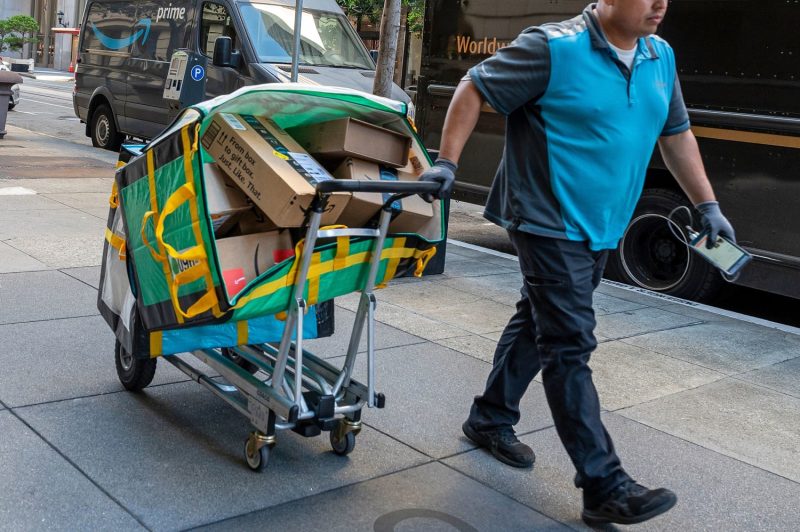In the wake of evolving consumer preferences and an increasing reliance on online shopping, Prime delivery has emerged as a popular and convenient option for many customers. However, recent developments have sparked debate and legal action regarding the accessibility and equality of this service. Amazon, a retail giant known for its swift delivery services, has found itself in hot water as the Washington D.C. Attorney General has filed a lawsuit against the company. The lawsuit accuses Amazon of deliberately excluding certain neighborhoods from its Prime delivery service, raising concerns about potential discrimination and unequal access to essential services.
The crux of the lawsuit revolves around the allegation that Amazon’s Prime delivery service favors affluent neighborhoods while leaving out lower-income and predominantly minority neighborhoods. This has led to a stark disparity in access to expedited delivery services, further exacerbating existing inequalities in underserved communities. The lawsuit also points to data that suggests a clear pattern of exclusion, with certain neighborhoods consistently being left out of Amazon’s Prime delivery zone, leading to questions about the company’s commitment to accessibility and social responsibility.
Amazon, in its defense, has refuted the allegations of intentional exclusion, citing various factors that influence the selection of delivery routes and areas covered by the Prime service. The company has highlighted logistical considerations, population density, and demand as key factors shaping the availability of its delivery services. While Amazon asserts its commitment to providing fast and reliable delivery options to all customers, the lawsuit raises important questions about the broader implications of such practices on marginalized communities and the need for greater transparency and accountability in service delivery.
The legal battle between Amazon and the Washington D.C. Attorney General underscores the complex interplay between commerce, technology, and social equity. In an era where online shopping has become increasingly dominant, the provision of equitable and accessible delivery services plays a crucial role in ensuring equal opportunities for all consumers. The outcome of this lawsuit could set a significant precedent for the e-commerce industry, prompting companies to reevaluate their practices and prioritize inclusivity and fairness in service provision.
As the case unfolds, it is essential for stakeholders, including lawmakers, consumers, and businesses, to closely monitor the proceedings and consider the broader implications of the issues at hand. Addressing disparities in access to essential services like Prime delivery is not only a legal matter but also a moral imperative that speaks to the values of equity and social justice. By fostering open dialogue, promoting accountability, and advocating for the rights of all consumers, we can work towards a more inclusive and equitable digital economy that serves the needs of every individual and community.


























